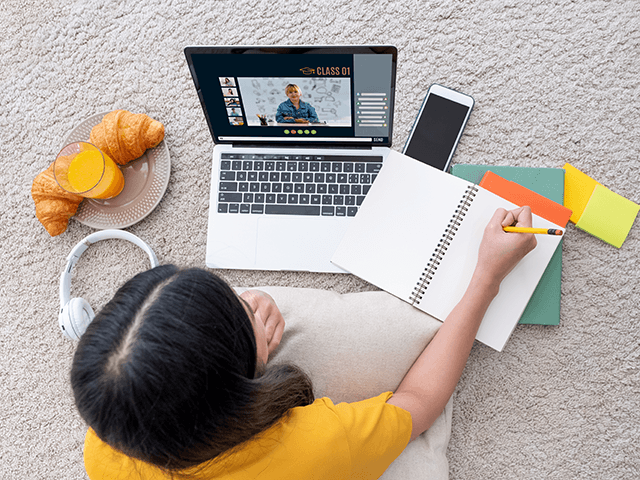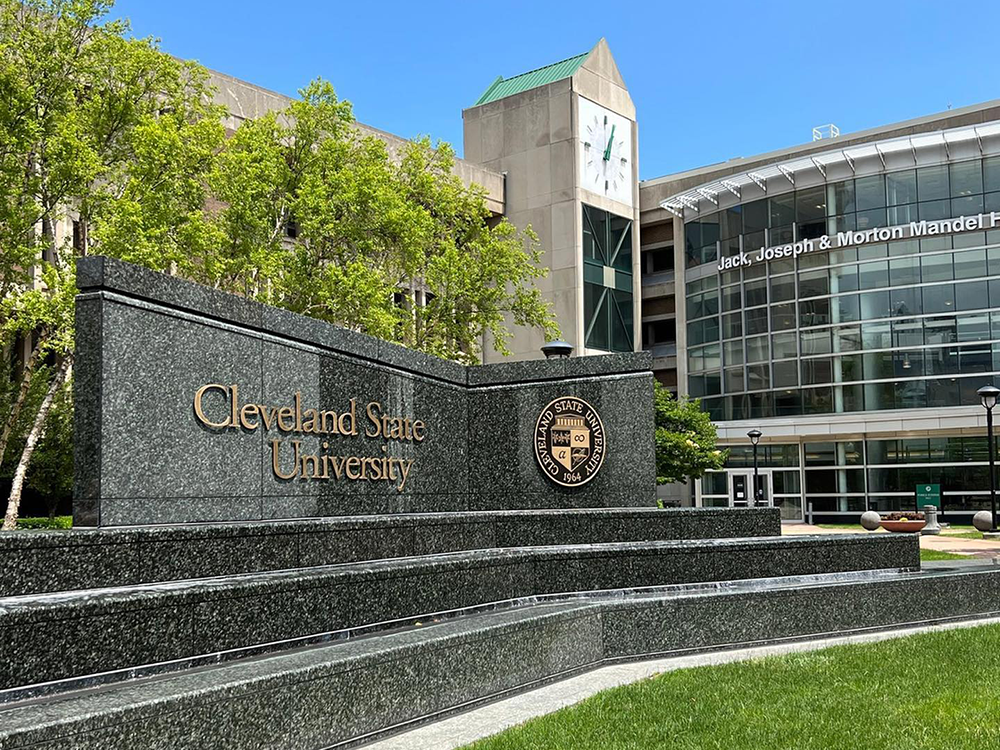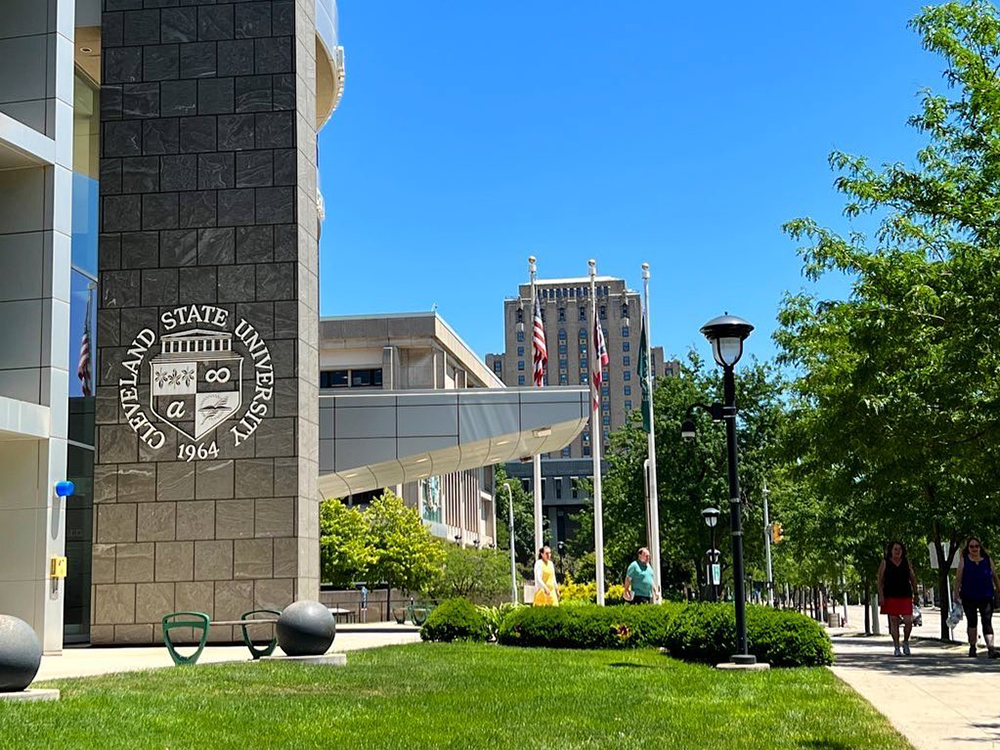A federal judge recently ruled that scanning a student’s room before a virtual test is unconstitutional as it violates the Fourth Amendment.
The ruling comes after multiple post-secondary institutions across the nation required students to do remote testing amid the height of the coronavirus pandemic.
Due to the increased risk of cheating, since students could not be monitored easily, many institutions required virtual proctoring to scan students’ rooms before tests.
Among those institutions was Cleveland State University, which required that chemistry student Aaron Ogletree allow a proctor to use his webcam to scan his bedroom two hours before a test in the spring of 2021.
After receiving the notification, Ogletree emailed the proctor, explaining that he “currently [had] confidential settlement documents in the form of late arriving 1099s scattered about [his] work area and there is not enough time to secure them.”
Despite his protests, Ogletree complied and allowed the proctor to scan the student’s room before the test, which took between ten seconds and one minute, according to the court ruling.
While the university allowed for a mix of in-person and remote learning and testing, Ogletree said he could not take the test in person due to “various health issues that impact his immune system.”
Following the exam, the plaintiff filed a lawsuit against the university, alleging they had violated his Fourth Amendment right to privacy.
On August 22, Trump-appointed U.S. District Court Judge J. Philip Calabrese ruled in favor of Ogletree over the university.
“Mr. Ogletree’s privacy interest in his home outweighs Cleveland State’s interests in scanning his room,” Calabrese wrote in the decision. “Accordingly, the Court determines that Cleveland State’s practice of conducting room scans is unreasonable under the Fourth Amendment.”
Calabrese further explained in his decision why scanning a student’s room before a remote test is unconstitutional:
Even in the expressly protected location of a house, which receives heightened protection under the Fourth Amendment, a search within the meaning of the Constitution does not occur unless the individual manifested a subjective expectation of privacy in the object of the challenged search, and society is willing to recognize that expectation as reasonable.
…
Though schools may routinely employ remote technology to peer into houses without objection from some, most, or nearly all students, it does not follow that others might not object to the virtual intrusion into their homes or that the routine use of a practice such as room scans does not violate a privacy interest that society recognizes as reasonable, both factually and legally.
Calabrese — a former law clerk to Judge Alice Batchelder on the U.S. Court of Appeals for the Sixth Circuit — ordered Ogletree and the university to work on an agreement and submit it to the court by September 12, 2022.
Ogletree’s attorney, Matthew Besser, expressed his approval of the ruling saying his client felt “vindicated.”
“Standing up for not only his own privacy but the privacy rights of public school students across the country was something that he felt extremely strongly about,” Besser stated via the New York Times.
Besser further added on his law firm’s blog, “Freedom from government intrusion into our homes is the very core of what the Fourth Amendment protects. If there is any place where students have a reasonable expectation of privacy, it’s inside their homes.”
A spokeswoman with Cleveland State University told the Times that the university is still reviewing the case. Dave Kielmeyer, an associate vice president with the university, added, “Ensuring academic integrity is essential to our mission and will guide us as we move forward.”
The case is Ogletree v. Cleveland State University, No. 1:21-cv-500 in the U.S. District Court for the Northern District of Ohio.
You can follow Ethan Letkeman on Twitter at @EthanLetkeman.



COMMENTS
Please let us know if you're having issues with commenting.